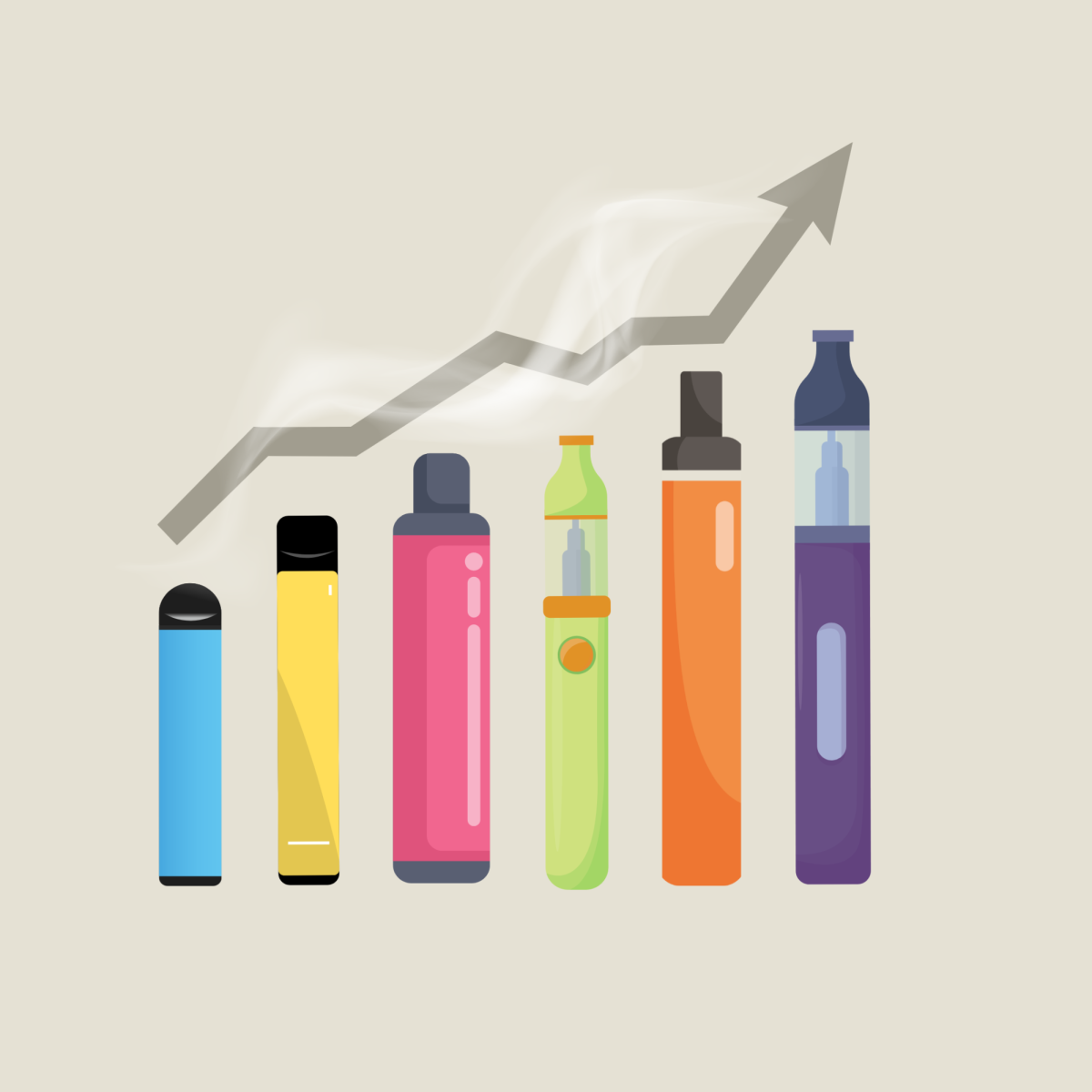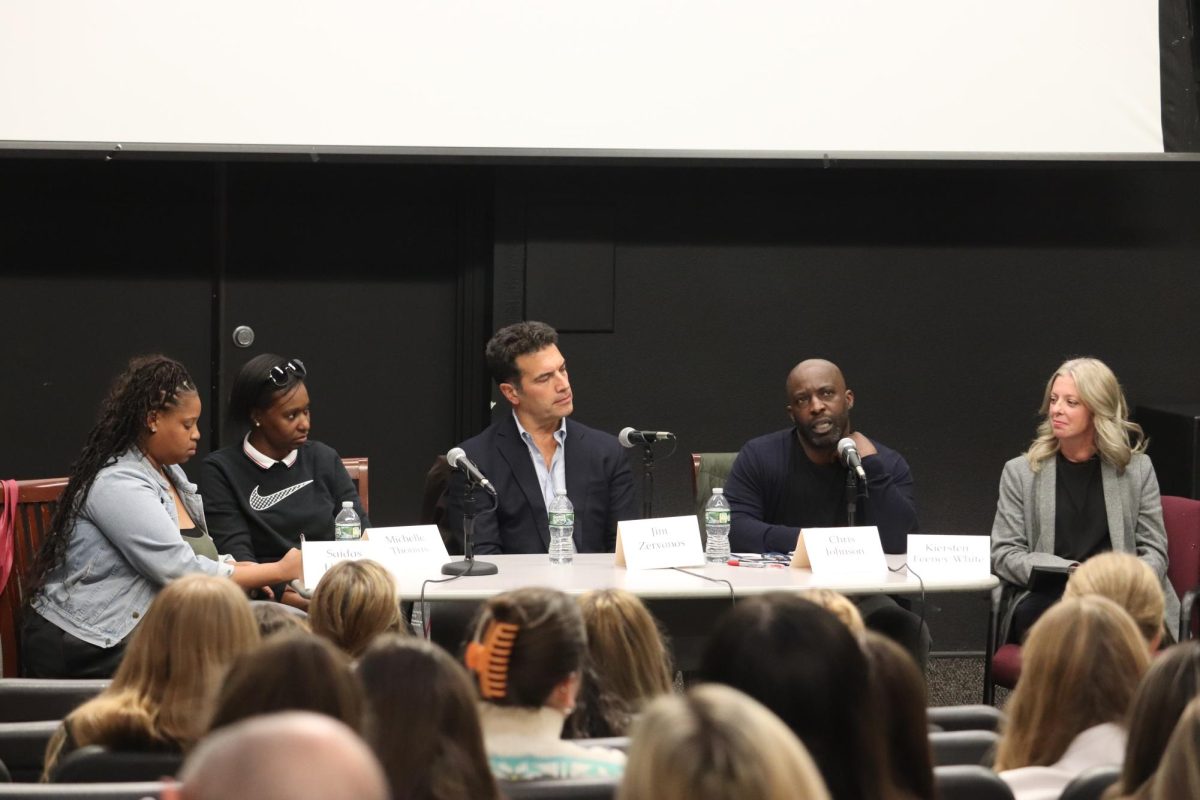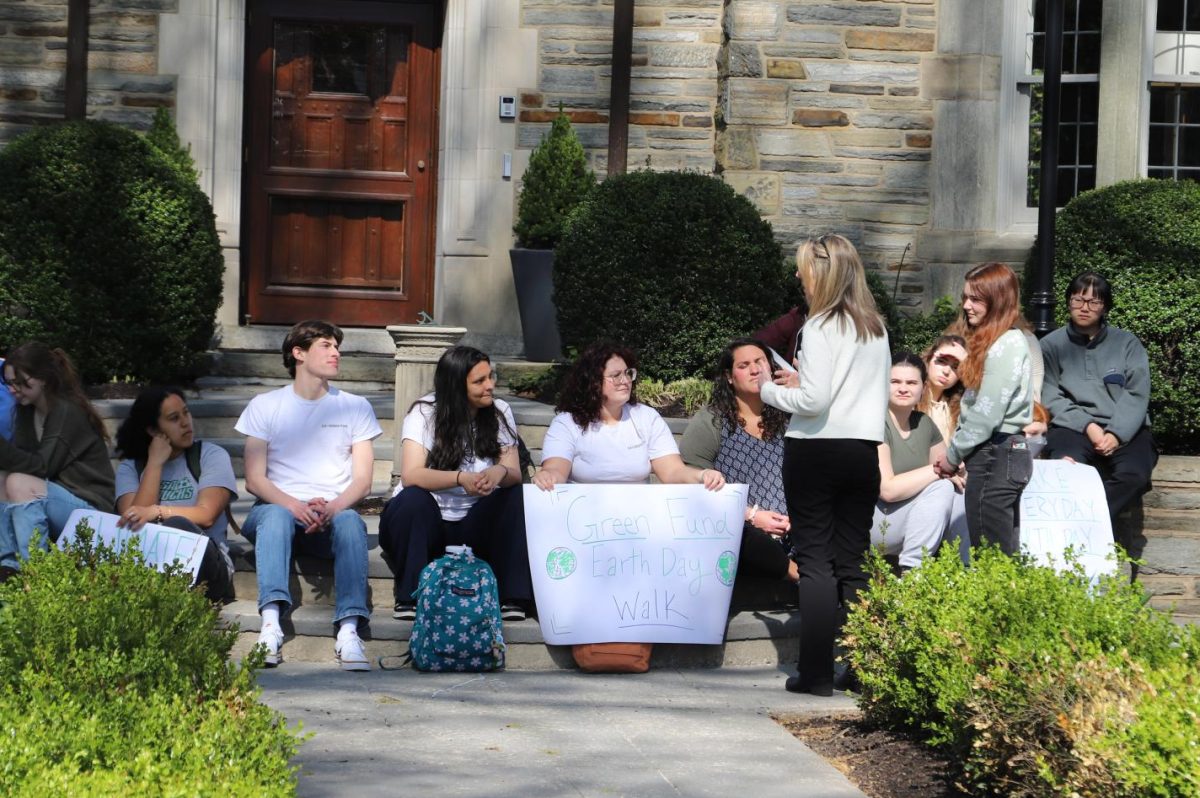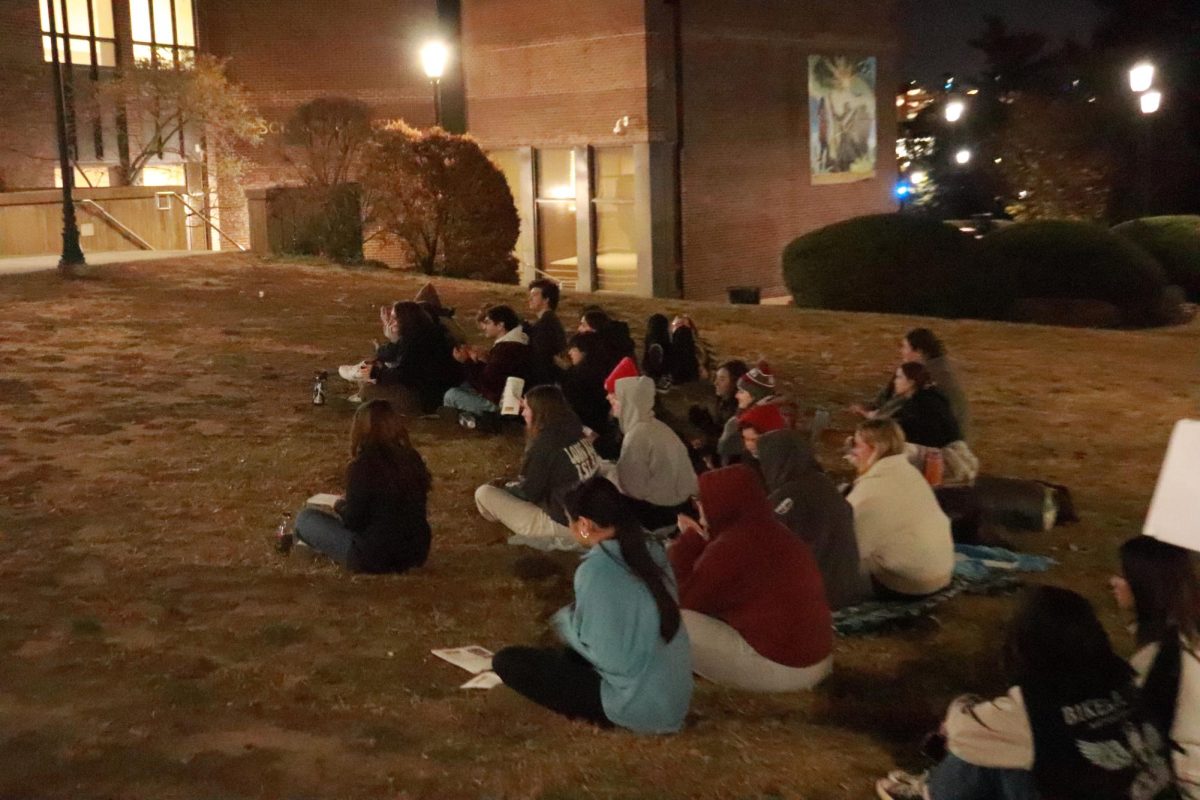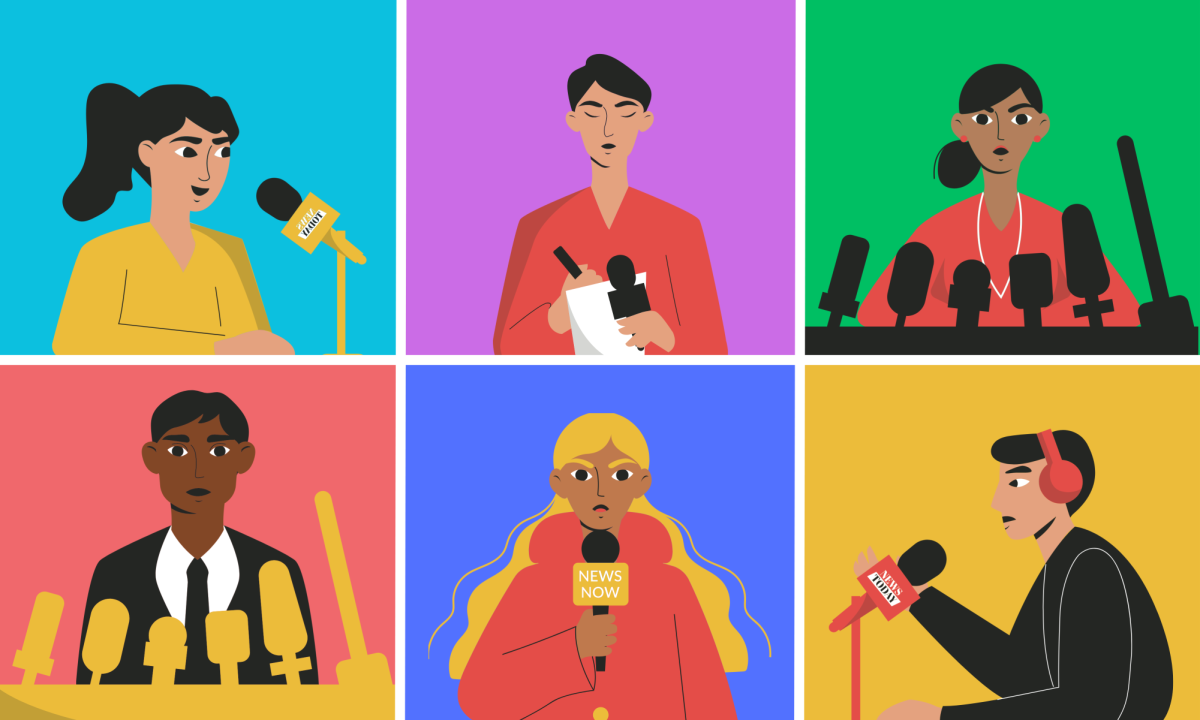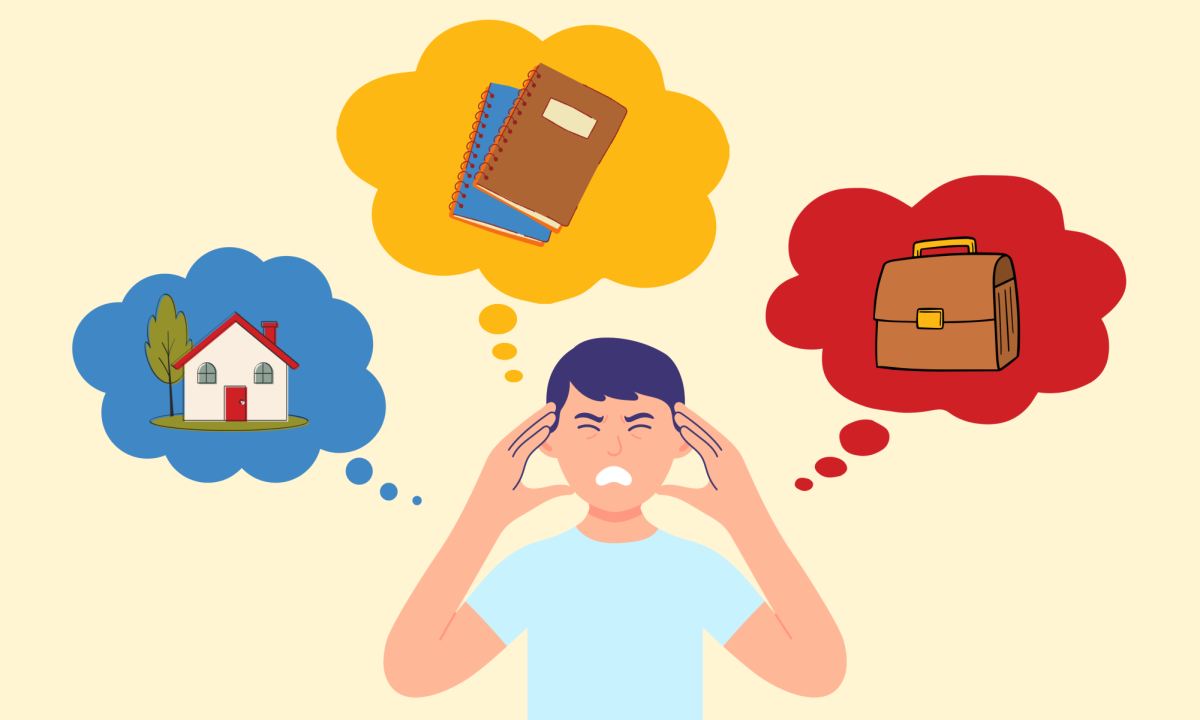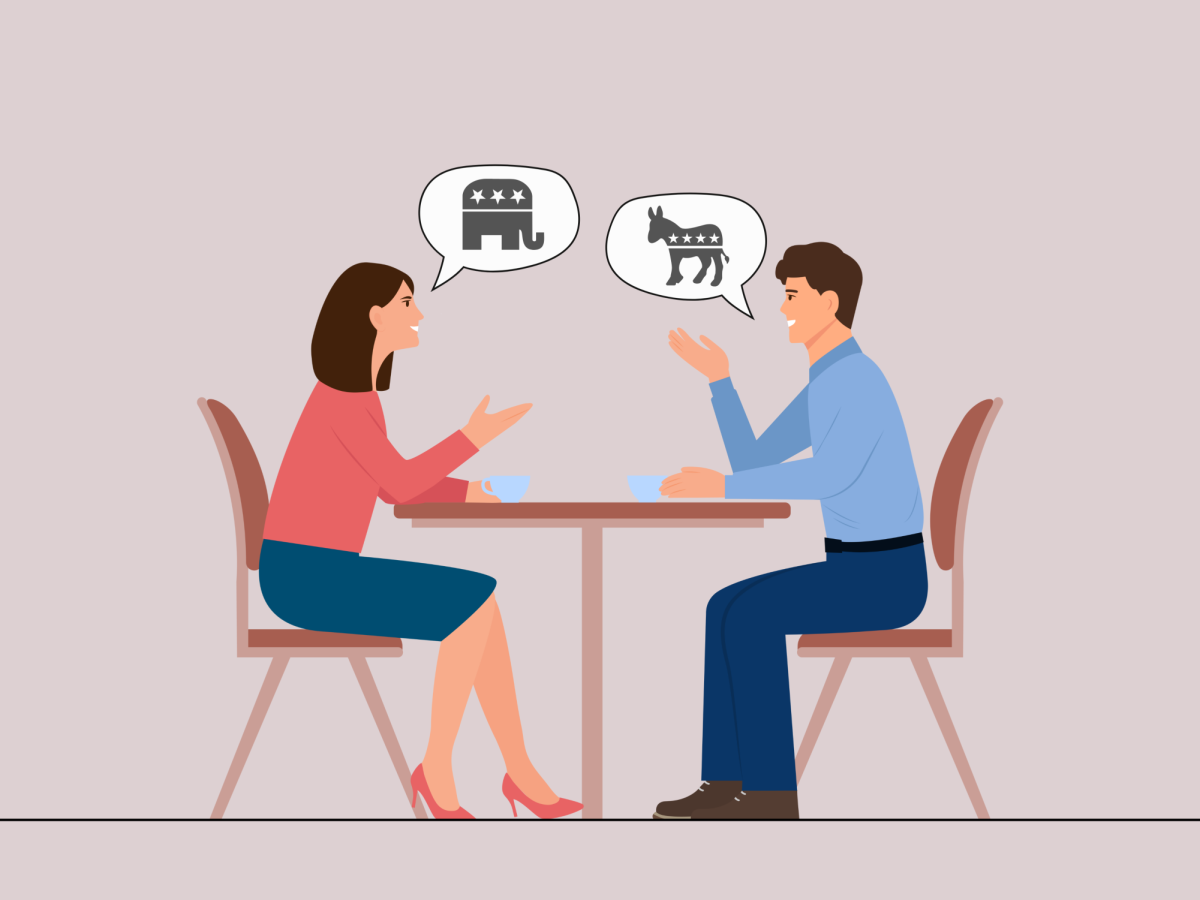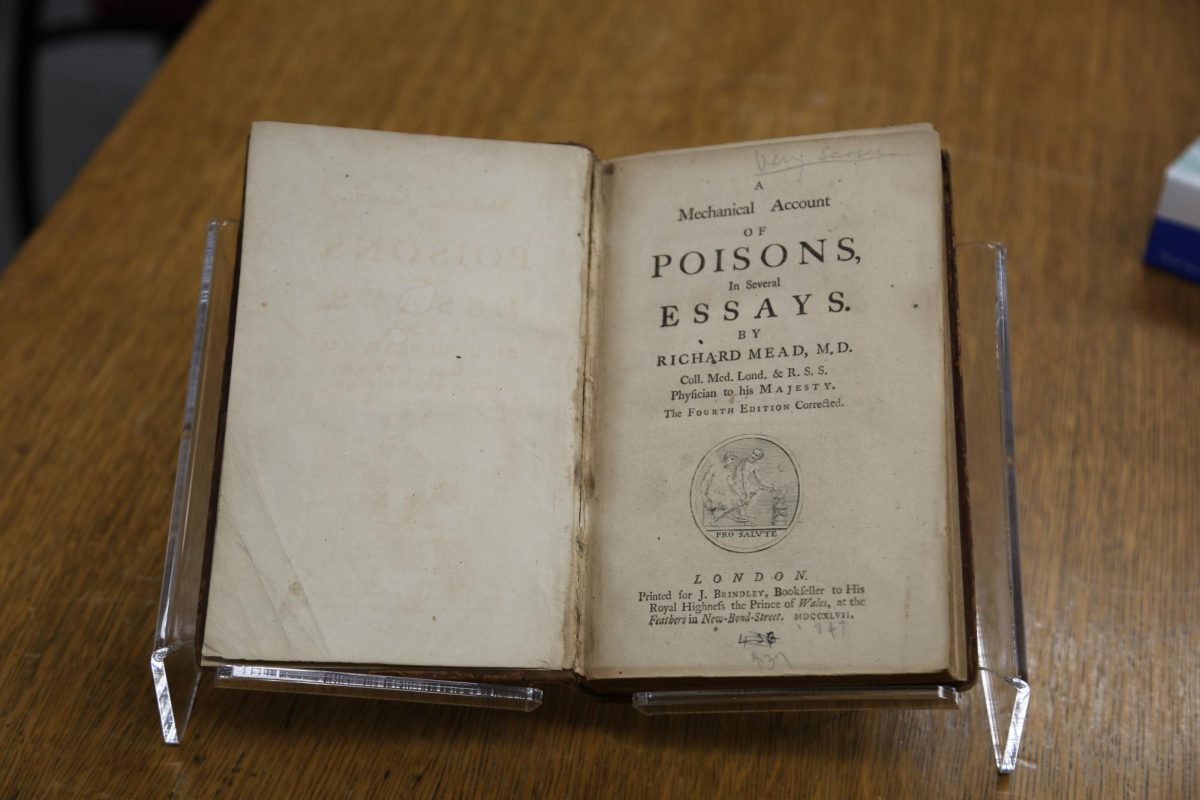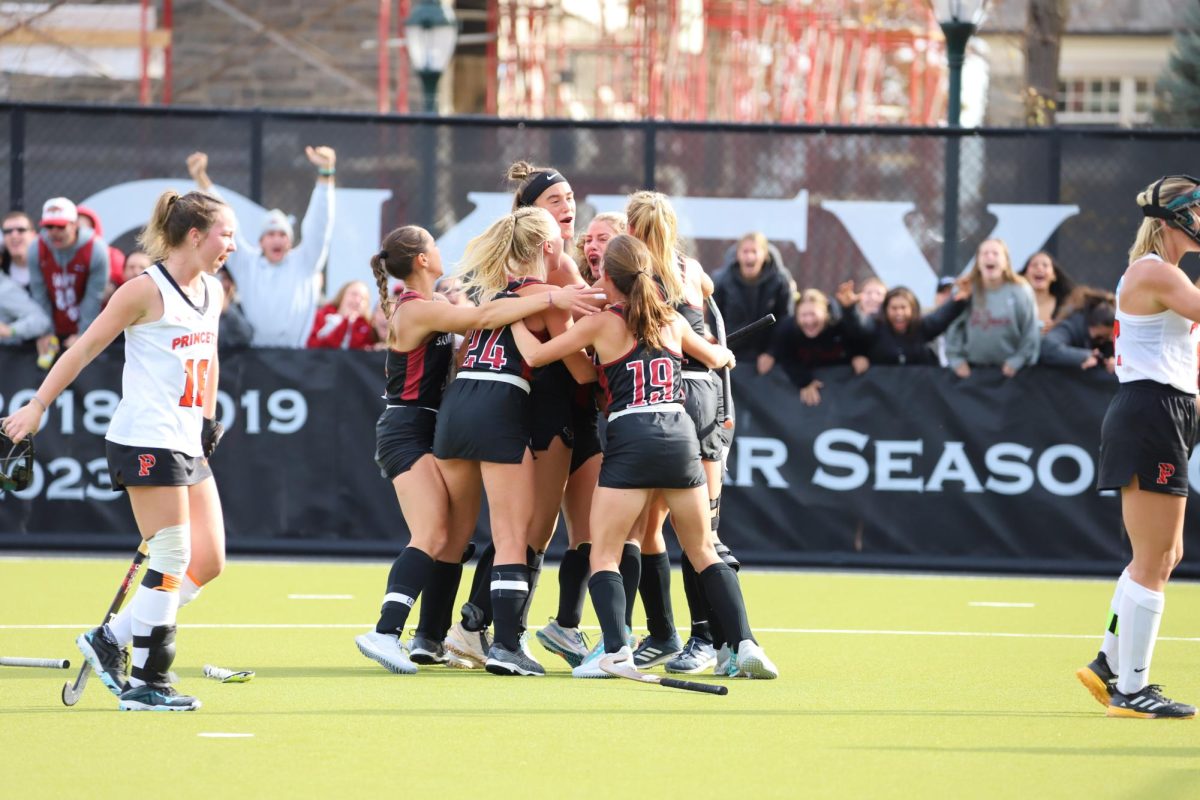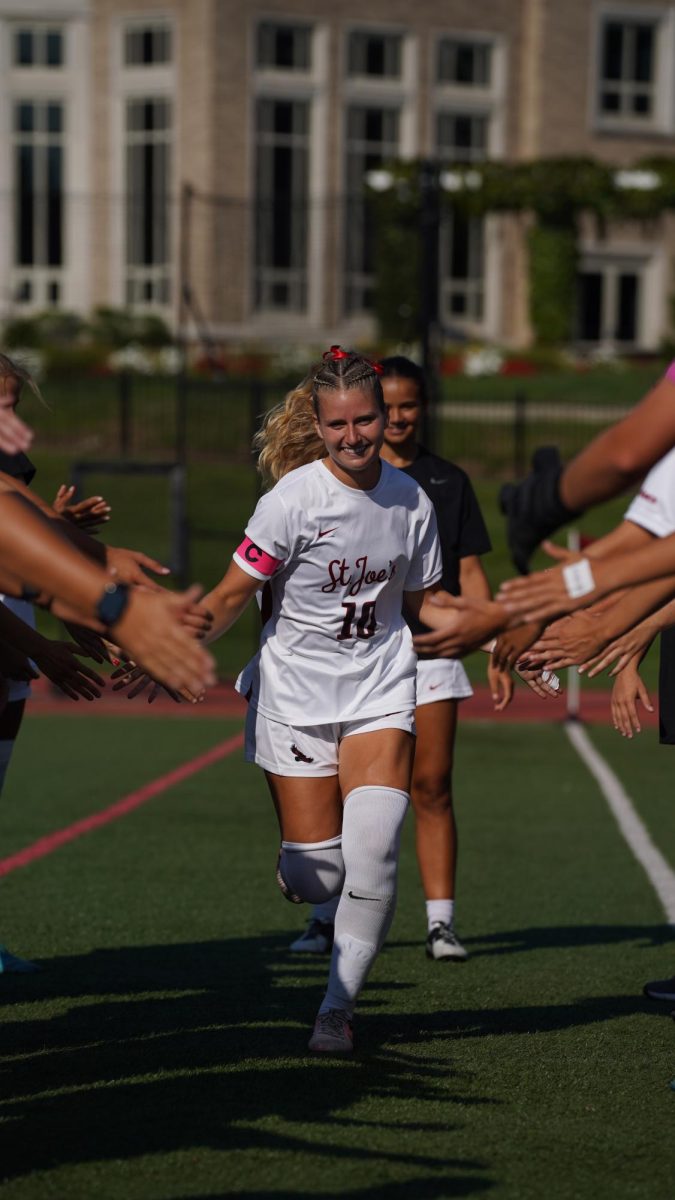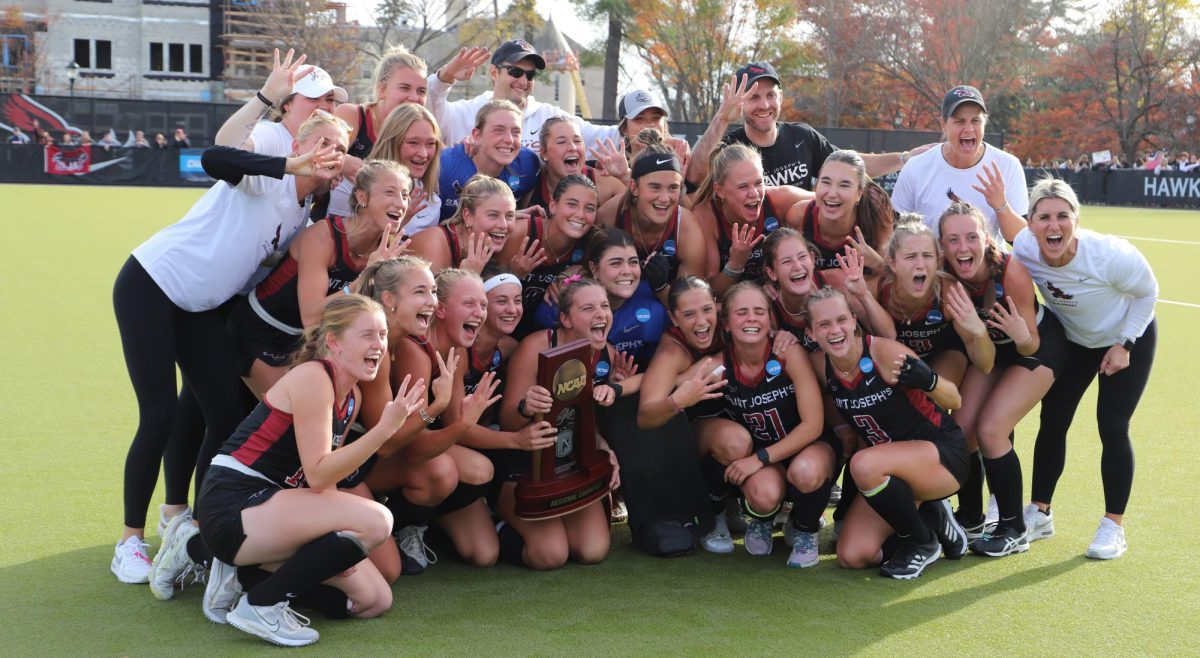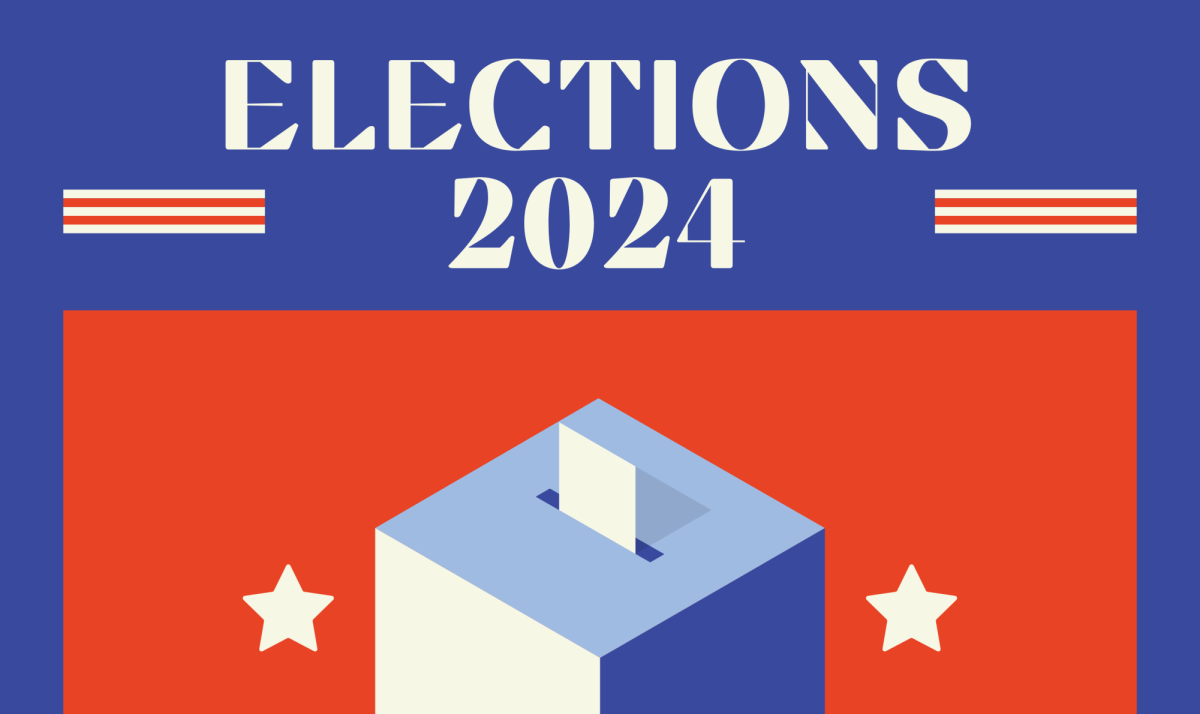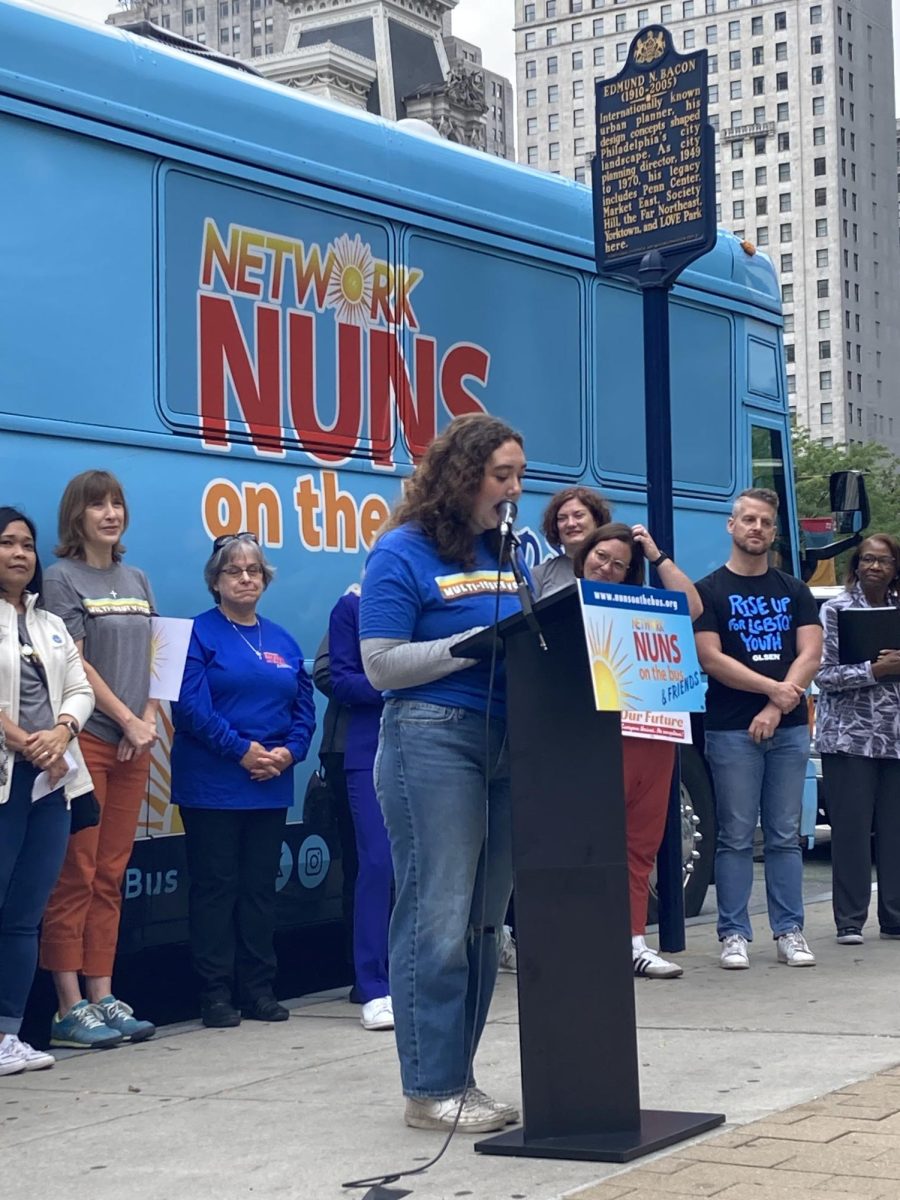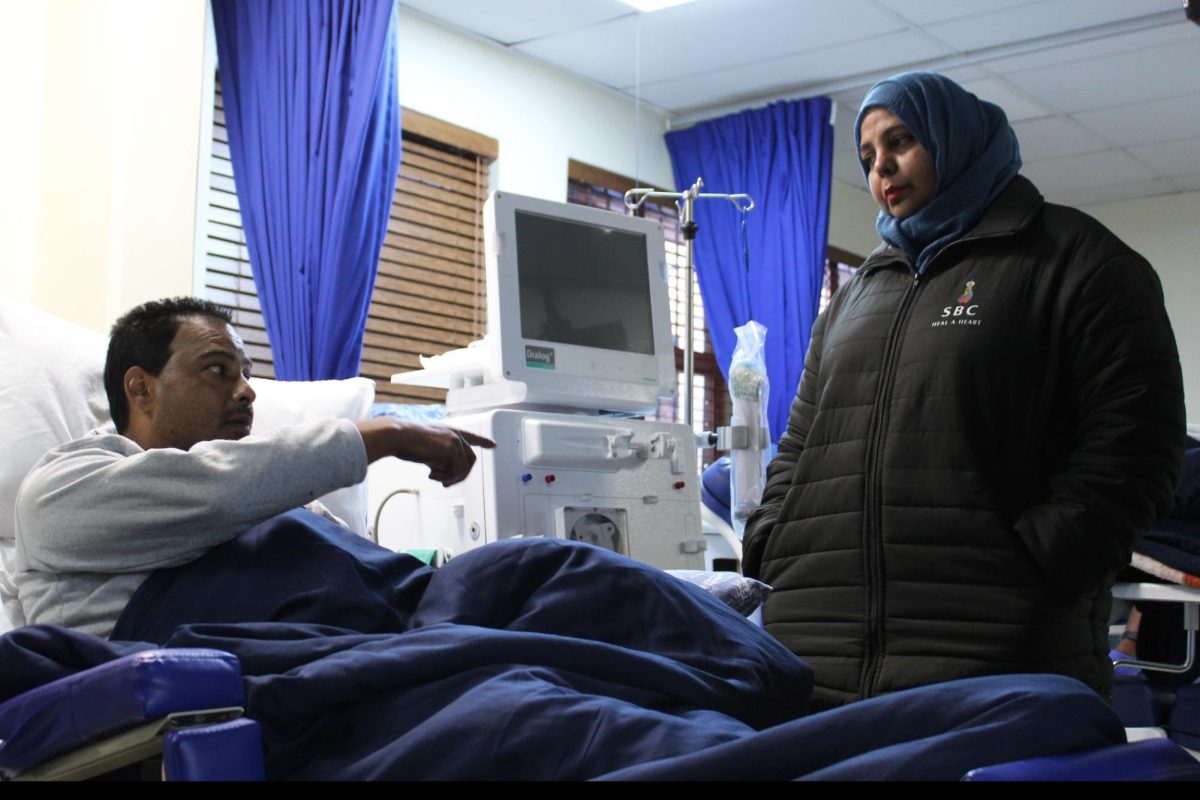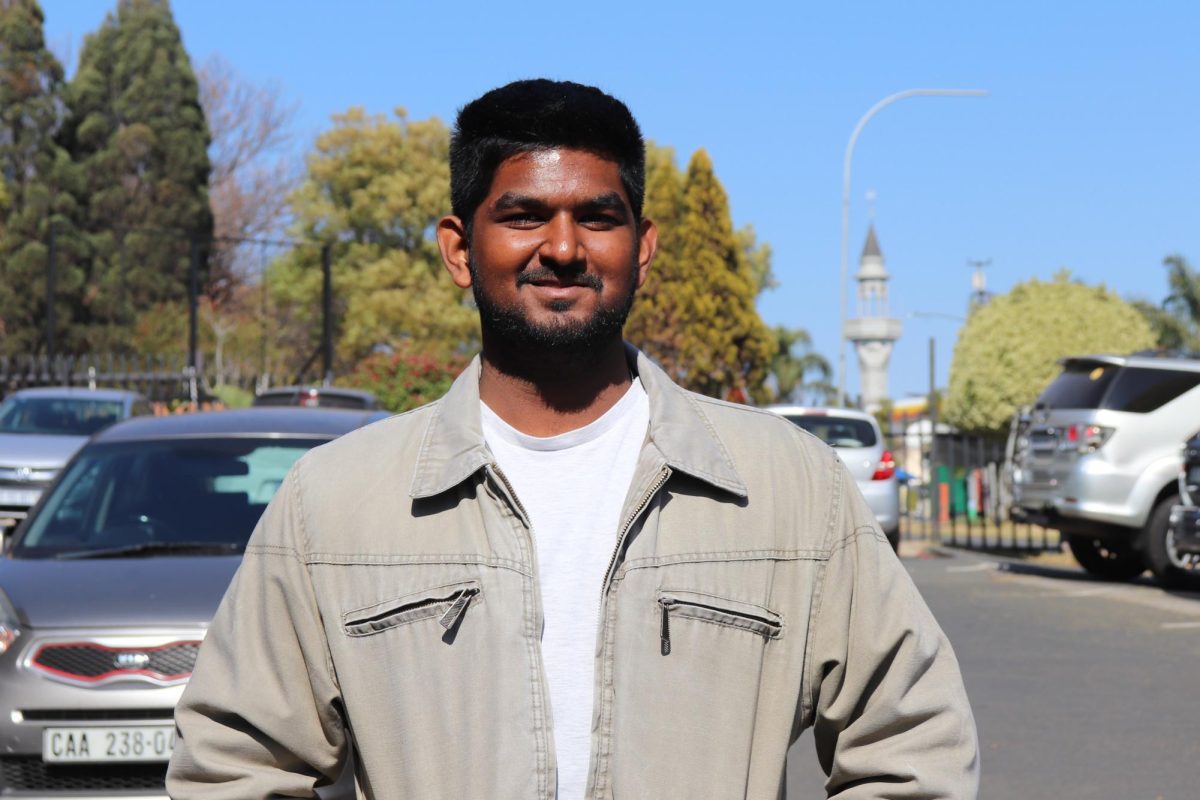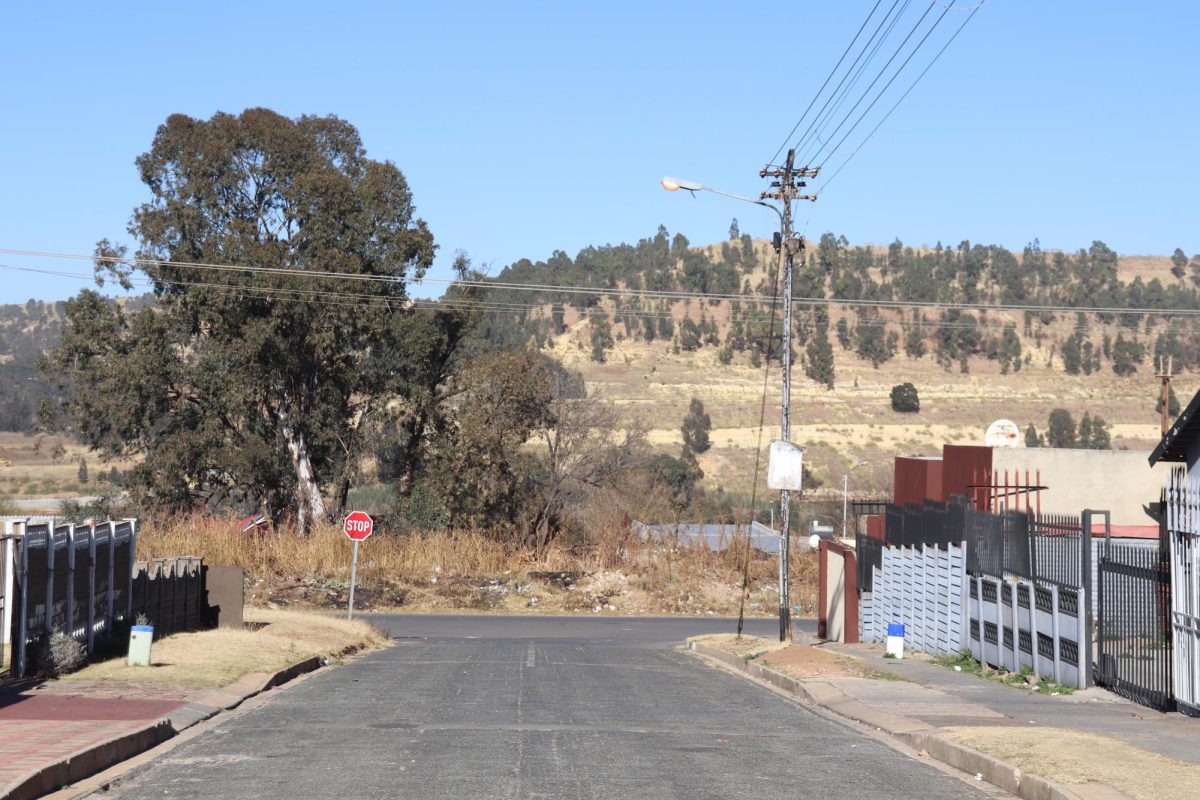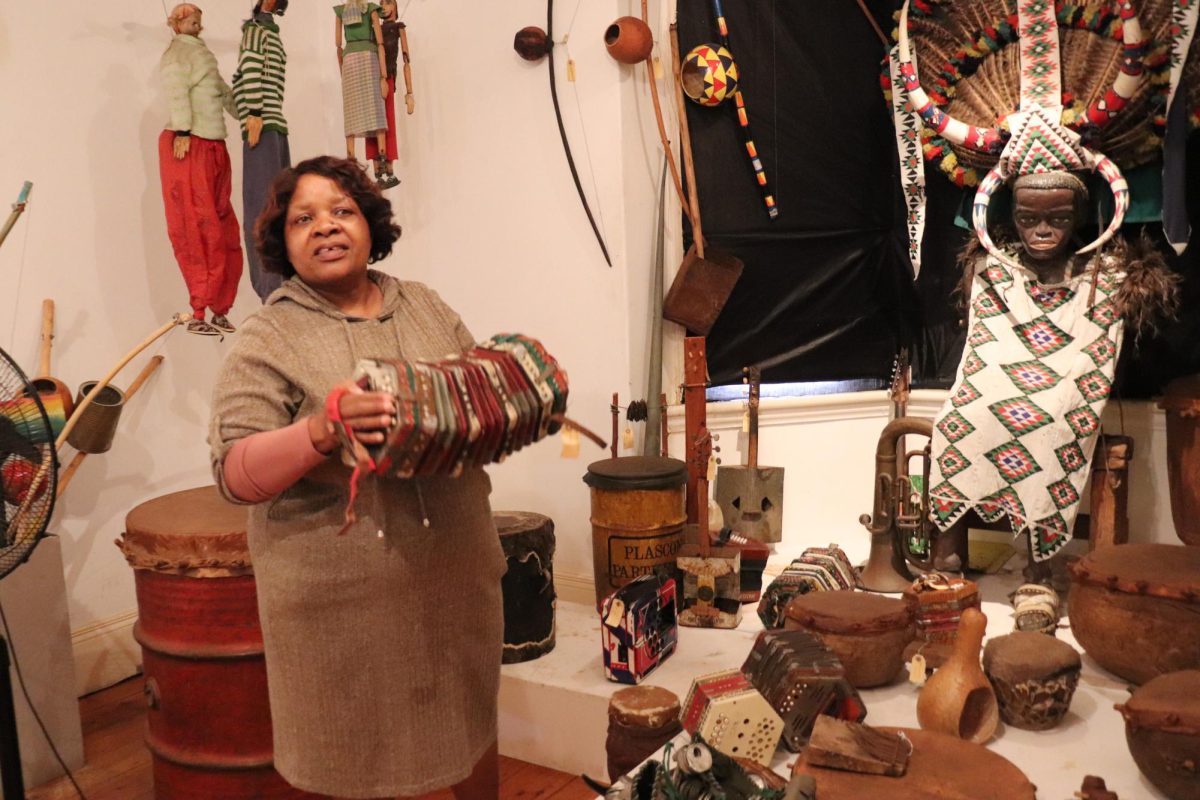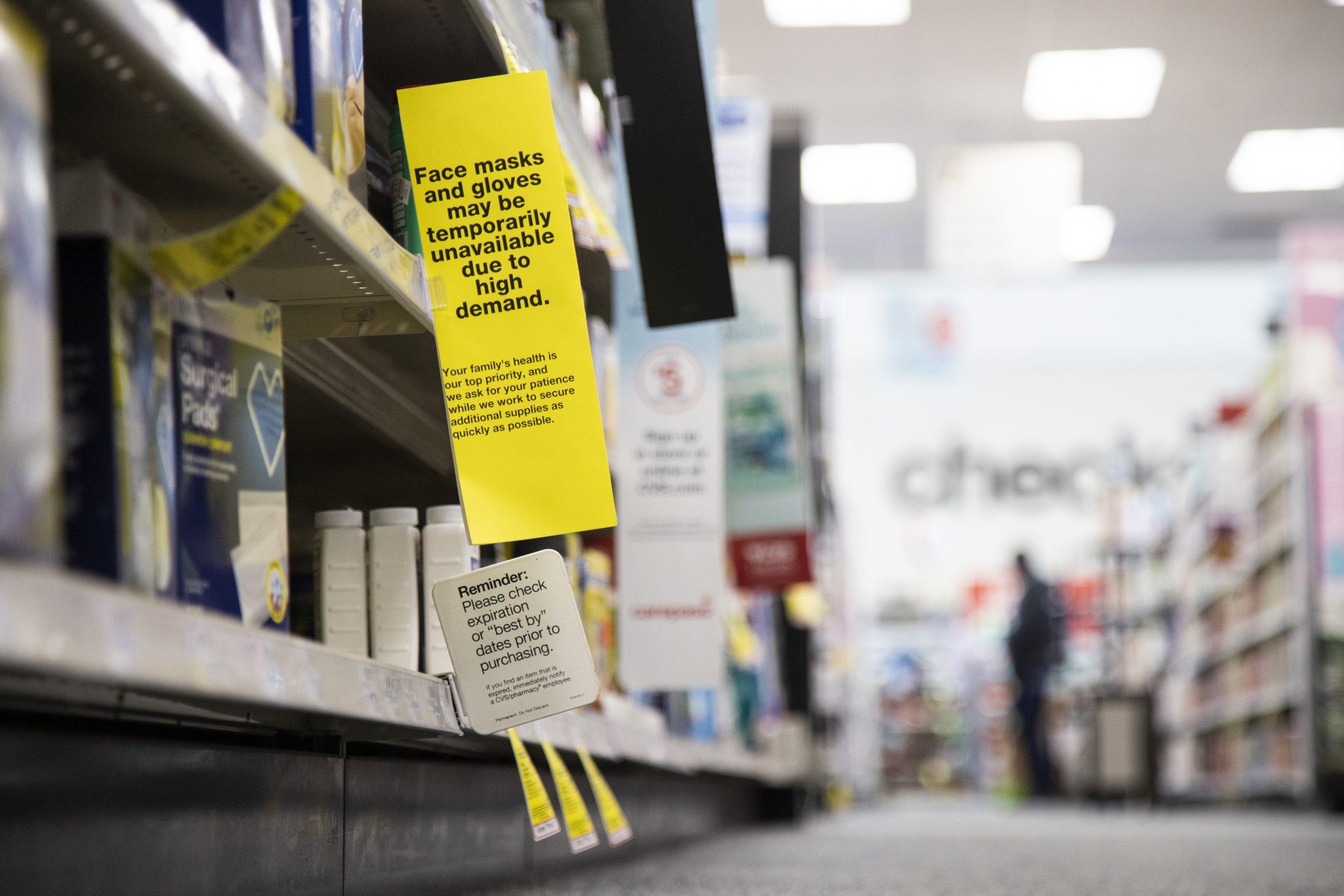As the coronavirus outbreak that began in China has been declared a global health emergency, many St. Joe’s students from China find they are still welcomed by their peers on campus, despite increases in xenophobia elsewhere.
“People are very concerned about the situation in China, and they hope everything will be better,” said graduate student Yue Zhang ’20, who is from China. “They do not reject us.”
In early February, Bethany Ao, a health reporter for the Philadelphia Inquirer, wrote about two recent incidents in which someone yelled a retort at her while she was riding her bike, connecting her Asian appearance to China.
“Over the last few weeks, I’ve watched anti-Asian sentiment spike as China fought to contain the coronavirus,” Ao wrote in a Feb. 6 column.
Face masks that many people in and from China wear to protect themselves from getting illnesses are a symbol of cultural difference between the U.S. and China.
“Some people discriminate against Chinese people who wear masks and consider it a strange phenomenon,” said graduate student Jiachen Wang ’18, president of the Chinese Students and Scholars Association (CSSAS). “They linked the Chinese to the virus.”
Wang, who is from the Hunan Province in China, said fortunately people on campus who make that link “are very few and extreme.”
Anthony Delconte, M.D., visiting professor of pharmaceutical and healthcare marketing, said it is often the fear of the unknown that causes people to react negatively to someone wearing a face mask.
“There are a lot of reasons people wear face masks,” Delconte said. “Some people wear face masks because they themselves have a weakened immune system or an immune compromise. It’s actually protecting them. Other people would wear it if they have a cough or an upper respiratory infection to really prevent the spread of that. It really depends. If they see someone with a face mask, they wonder—or at least I wonder sometimes—‘Oh, do they have some sort of infectious disease or are they immune compromised and are trying to protect themselves?’”
Fears about the virus have sparked price gouging and shortages of face masks around the world. Both the Centers for Disease Control and Prevention and the U.S. Department of Health and Human Services have advised that healthy people who do not work in a medical profession need not wear face masks.
Zhang said there is a difference between how Chinese citizens and those from the U.S., where masks are generally much less popular, use masks.
“Chinese people wear masks to protect themselves from infection while Americans wear masks to protect others,” Zhang said. “It is a culture difference.”
Wang echoed that perception.
“For Chinese, wearing a mask is very nor- mal, especially under such a severe situation,” Wang said. “On the contrary, there are few people in America [who] wear a mask in daily life. I think that’s because only the people who have a cold or flu will wear a mask.”
Eileen Bevilacqua, R.N., director of the Student Health Center, wrote in response to The Hawk’s request for an interview that while “personal protective equipment” like face masks can minimize transmission of viruses, they “cannot prevent sickness altogether.”
“People can shed viruses before they are symptomatic,” Bevilacqua said in an email. “Air gets in around the sides of the mask, and some viruses can live on surfaces like doorknobs and handrails.”
Some students are advised to wear a face mask when visiting the Health Center, Bevilac- qua said.
“When a student comes to the Student Health Center with a fever or a cough they are asked to wear a face mask to minimize the transmission of their illness,” Bevilacqua said.
Sandy Neumann, a registered nurse at Thomas Jefferson University Hospital in Phil- adelphia, reiterated one of the most common pieces of advice to avoid spreading the coronavirus and other viruses: hand washing.
“Students can wear masks to prevent the spread of infection,” Neumann added, “but it’s best to stay home when sick.”
Delconte said there are better messages for the general public than wearing face masks.
“Don’t be afraid to be an advocate for vaccines, wash your hands, don’t have an irrational fear of people with masks,” Delconte said. “Basically, [careful] hand washing and just common sense.”
Wang’s hope is that people at St. Joe’s will continue to separate their feelings about Chinese students on campus from what is happening in China.
“I would like to invite everyone to be able to treat the people wearing masks on campus in a comprehensive way,” Wang said. “They are neither viruses nor [strange]. Wearing a mask is just a way of life for people.”

